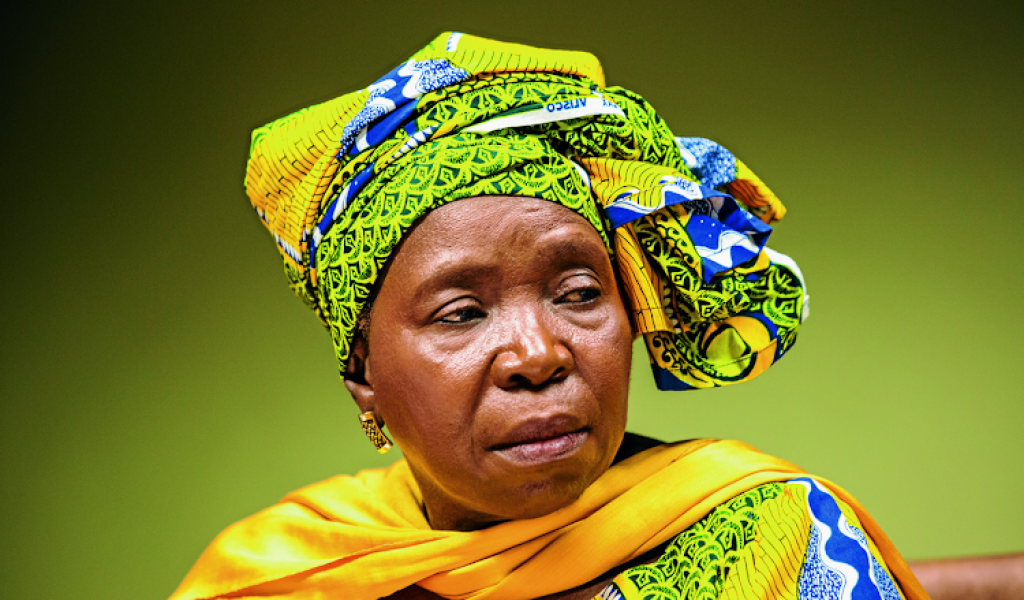Sakeliga has been struggling for several months now to obtain the co-operation of Minister of Cooperative Governance and Traditional Affairs, Dr Nkosazana Dlamini-Zuma, in a court case that Sakeliga launched on 5 August 2021 to compel the Minister to disclose certain records of decision-making on lockdown regulations. After having been more than 50 court days* late with filing her notice of opposition and now being more than 10 court days (and counting) late in filing her answering affidavit, Minister Dlamini-Zuma is now resorting to further delaying tactics to ensure that records of decision-making on lockdown regulations do not see the light in the near future.
As set forth in Sakeliga’s attorney’s letter to the state attorney, the most recent delaying tactic is the raising of a merit-free cause of complaint over technical aspects of Sakeliga’s notice of motion, which does not apply to the relevant type of court application before the court at all.
Sakeliga’s court case against the Minister comes after she outright refused to provide any records of decision-making around lockdown measures requested by Sakeliga in terms of the Promotion of Access to Information Act (PAIA). On 15 December 2020 – more than a year ago – Sakeliga requested records, reasons, deliberations and documentation on which the Minister relied when she made the following decisions and regulations, among others:
- First national lockdown regulations of 15 March 2021
- The extension of the declaration of a national state of disaster by COGTA as published in the Government Gazette on 5 June 2020, 13 July 2020, 15 August 2020, 14 September 2020, 14 October 2020, 15 November 2020 and 11 December 2020 (respectively).
- Several lockdown regulations published in 2020, which relate to, among other things, the closure of certain businesses and the ban on the sale of certain products.
The Minister indicated a blanket refusal to provide any records, allegedly because all the requested records are indiscriminately covered by cabinet privilege. More than a year after the original PAIA request was directed at the Minister, she is now delaying the filing of her answering affidavit in the subsequent court case brought to compel delivery of the requested records.
Sakeliga wants to disclose and analyse these records of decision making so that they can, if necessary, be used in the public debate and possibly legal action to limit the damage of lockdown decisions.
The records can also help prevent harmful policies and damage going forward. In any event, businesses and consumers may and must know on what grounds they had to shut down their businesses for extended periods, could not go to work, lost their jobs, and even why they could not buy or sell certain products such as warm chicken.
Sakeliga has already filed a notice at the High Court in Pretoria to set aside the Minister’s irregular cause of complaint with regards to technical aspects of Sakeliga’s notice of motion. If the Minister’s legal team fails to withdraw the cause of complaint, which is now delaying the case, of own accord within 10 court days, Sakeliga will proceed to approach the court for an order to set aside the cause of complaint so that the case can proceed without further delays.
* A “court day” is any day that is not a Saturday, Sunday or public holiday.
Issued by:
Tian Alberts: Legal and Liaison Officer, Sakeliga
[email protected]

